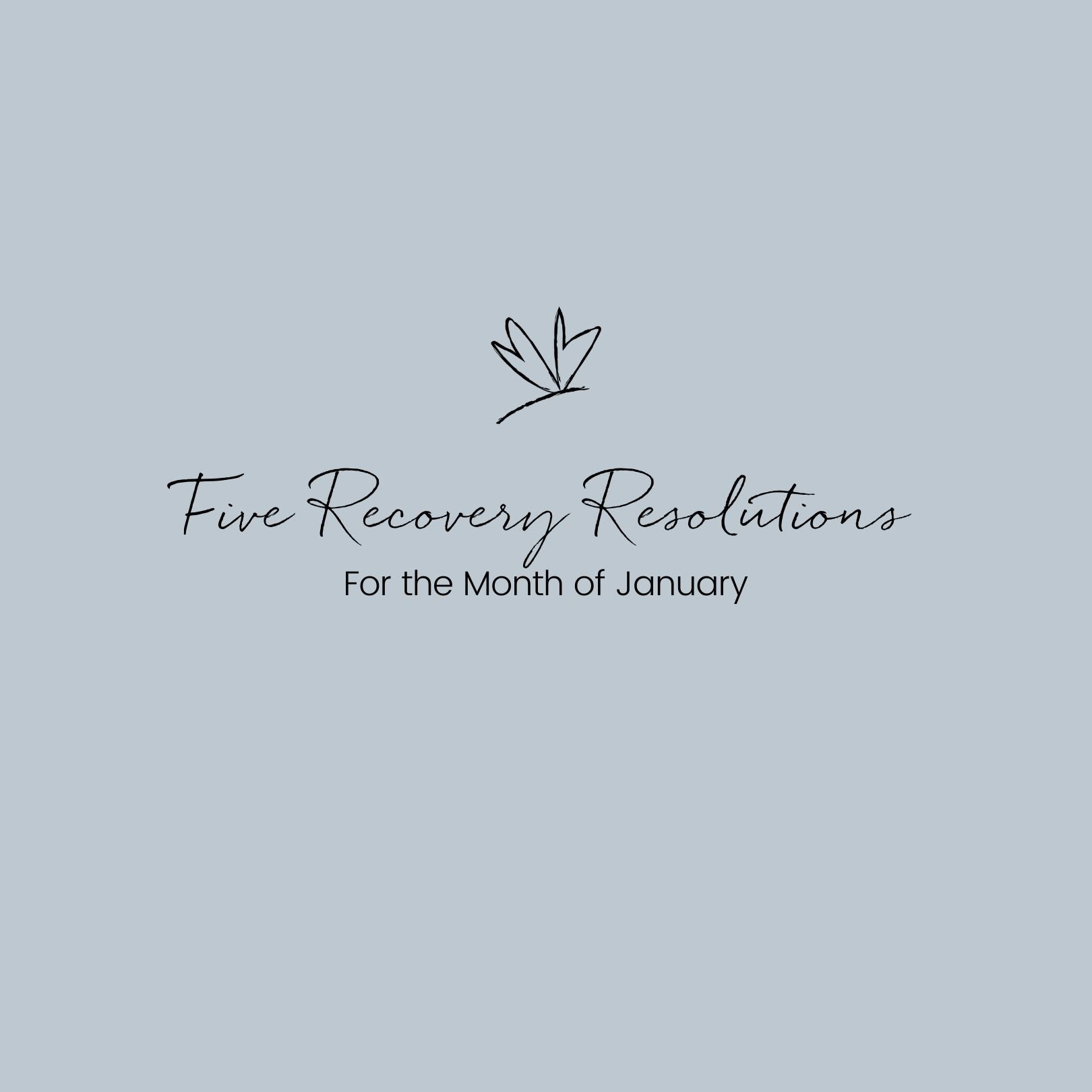TV & Torment. What Are You Watching...And Why?
We love a sofa-fest as much as the next person.
You know – snuggled under a blanket, remote control in hand, and browsing through the latest must-watch period dramas or ‘edge of your seat’ horror.
But do those of us with an eating disorder history, or a tendency toward obsessive consumption of certain media genre, need to really take a long hard look at what we’re watching and why?
Take Ellie.
Ellie had never been a TV addict, but she did love the occasional ‘hunker down’ day, during which she’d splurge on Downton and repeats of Friends.
So far so good.
Then Ellie developed a restrictive eating disorder.
Cue Ellie swapping out those harmless and soothing periods of TV relaxation, for episode after episode of Jamie Oliver cooking up a storm, Bake Off contestants perfecting their pastries, American divas creating the ultimate wedding cake, and countless ‘factual’ shows and ‘guinea pig’ programmes focusing on diet-swaps, quick fix weight loss, and more virtuous food shopping.
While there’s absolutely nothing wrong with anyone wanting to watch a culinary programme or having an interest in how to ‘shop smarter’ in a supermarket, the huge danger for those with a history of an eating disorder, is that consumption of certain niche TV becomes an enormously triggering component in the way they already feel about their body, food and self-initiated regimes.
Perhaps even more interesting, however, is not just that the content of such programmes has the power to ‘trigger’ behaviours in those more affected and vulnerable – but it’s the reasoning behind those with eating disorders wanting to observe such food and diet related programmes in the first place.
This can be summed up in two simple words: MENTAL HUNGER.
Those with an eating disorder are continually in a state of suppression, feeling starved of food, and with not enough intake to match energy expenditure.
The body is craving fuel, but knows it doesn’t have it. Being the clever machine it is, it conserves itself physically, by stalling metabolism….while mentally, driving your brain to allow you to be aware that it feels it is ‘in famine’ and that you MUST respond to hunger.
This is MENTAL HUNGER.
This is what makes us think about food all the time. It’s what has us planning meals in our heads, obsessing over recipe books, thinking even how we might exercise off our food, and yes – watching TV which is bound up in food, cooking and diet.
Tonight sees the return to our screens of Dr Michael Moseley and his ‘Lose a Stone in 21 Days’.
It goes without saying that we believe programmes of this nature to be extremely unhelpful for those who are trying to recover. But more than this, we know that the state of mental hunger will have many people with an eating disorder feeling drawn into watching shows like this – and then feeling even more concerned about restriction, behaviours, denial and disordered thoughts.
Sadly, we can’t sit with you all in your living rooms and ask you not to watch such TV, but we can ask you to really consider why you’re doing so, and we can remind you how detrimental such programmes can be.
Instead, do something constructive for your recovery:
- Go Eat
- Call a Friend
- Go Eat
- Do some craft
- Go Eat
- Take a relaxing bath
- GO EAT!
Let us know what your experiences of mental hunger are.
You can email us on hello@wednesdayschild.co.uk
- Aug 2020





